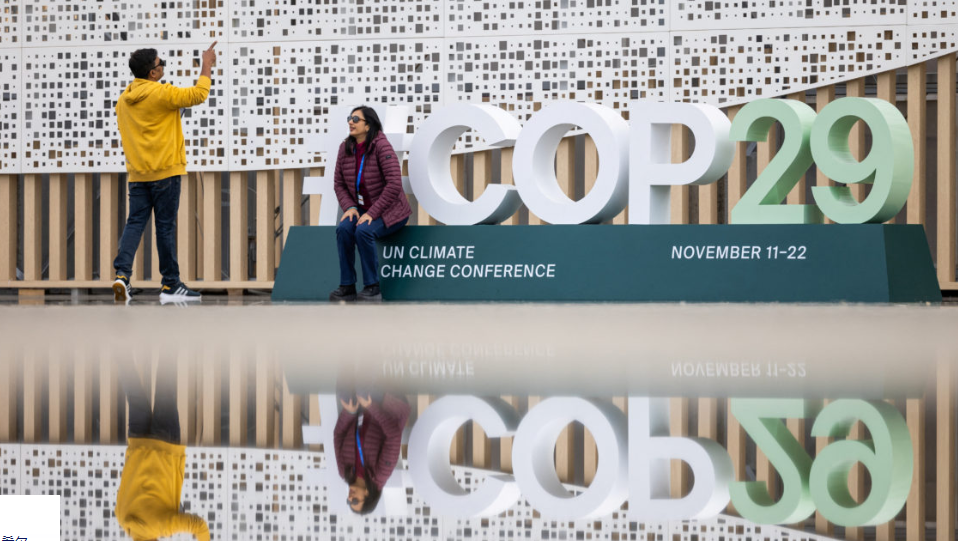
On November 11, negotiators from around the world will gather in Baku, Azerbaijan, for the 29th United Nations Climate Change Conference.
Nearly 30 years after the first Conference of the Parties (COP) in Berlin, their goal remains the same: to increase international ambition to limit global warming to below 1.5°C (2.7°F) above pre-industrial levels to avoid catastrophic damage to the planet. Yet the world is perilously close to breaching that limit.
COP29 comes as countries are due to submit updated plans to reduce greenhouse gas emissions under the Paris Agreement by February 2025. These pledges, known as Nationally Determined Contributions (NDCs), are at the heart of the Paris Agreement’s goal to curb rising global temperatures.
So far, these voluntary pledges have not put the world on track to limit warming to 1.5°C, let alone 2°C. According to UN estimates, current policies will cause the Earth to experience a warming of about 2.6-3.1°C by 2100. However, every tenth of a degree of warming brings more extreme weather.






